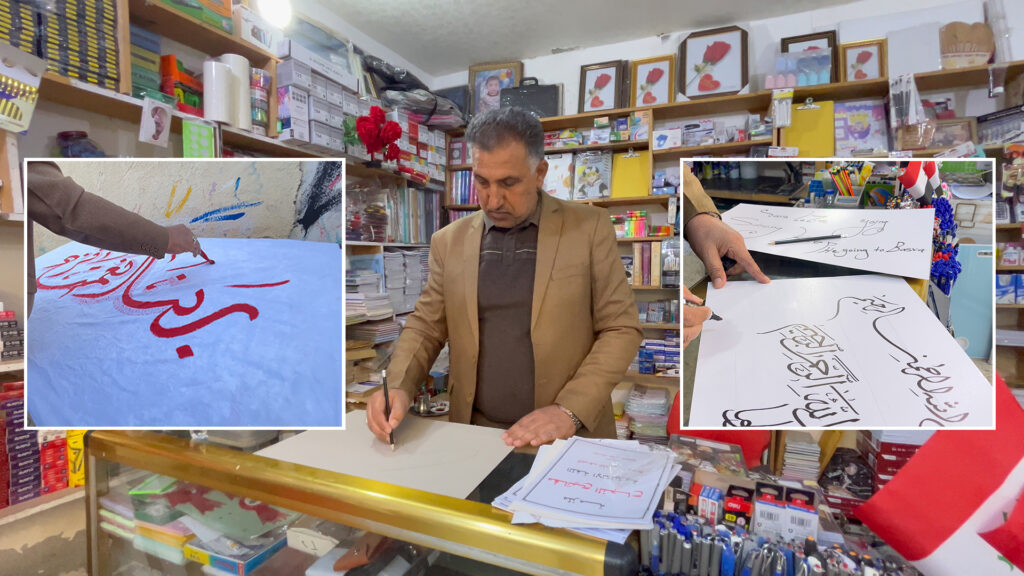How to align Kurdish goals with global interests?

Reacting to US President Donald Trump’s decision to pull American forces out of Syria, individual lawmakers and pundits in Washington and Kurdish leaders in northern Syria have appealed to a sense of morality. Kurds have died fighting ISIS on behalf of the world so deserve to not be abandoned to the threat of a Turkish attack, they argue.
This is political spin, argued Ghareeb.
“Yes, there are some who genuinely believe that the US should stand by allies, for example, and supporters. There are some members of the Senate who believe that if there is a just cause, we must support it. And there are even some who believe that maybe that this, these policies that the US has been pursing are likely to lead to better governance, more democratization in the region,” he said on The Washington Perspective on Friday.
“Nevertheless, the reality is something else very different. States, as you and I know, do not basically make decisions based on moral or political values as much as they do on something called interests.”
These interests are based in economics, trade, oil, and relationships with allies, he explained.
There are a lot of competing interests at play in Syria.
Washington has opened talks with the UK, France, and Australia to encourage these allies to play a role in establishing and securing a safe zone in northern Syria, according to a Wall Street Journal report this week.
As allies of the United States, it is in the interests of the UK, France, and Australia to keep good relations with the US. They also have security interests at stake, especially in Europe, which also must consider the prospect of another wave of refugees landing on their shores if Turkey acts on its threats of a military offensive against Kurdish forces, Ghareeb pointed out.
The United Nations, arguably, is driven by morality. But any UN action would need the approval of the Security Council, which means getting Russia and China on board.
“Why should the Chinese and the Russians support what they see as a US plan…?” Ghareeb asked.
There are also the interests of Turkey, a NATO partner, to consider.
And the regime in Damascus is no longer on the brink of toppling and will insist on their view being taken into account.
“The problem is that Syria has become so complex, so many sides have become involved in this conflict,” said Ghareeb.
So what should the Kurds do?
“Kurds should keep all their options open,” he advised.

